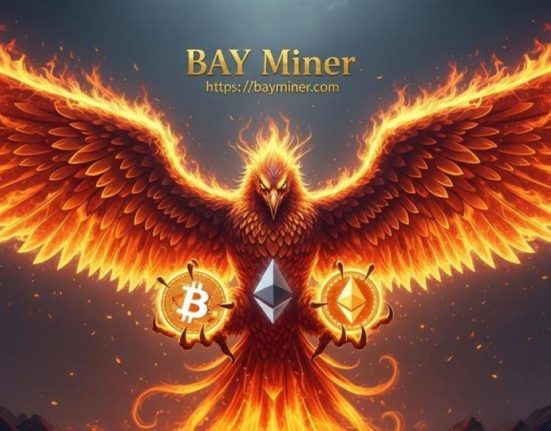Despite all this, global share markets remain remarkably resilient – hovering at, or near all-time highs. Investor optimism has been fuelled by fiscal stimulus in Europe (mainly Germany) and the unstoppable rise of artificial intelligence, which just saw Nvidia become the first company to be valued at US$4 trillion.
With a constant barrage of headlines and a wall of worry to climb, yet equity markets near all-time highs, investing in the share market can feel a bit like a gamble. Much like a roulette wheel – black you win, red you lose. But is this really true?
Is the share market a casino?
While it’s tempting to see markets as games of chance, the evidence tells a very different story. Unlike the casino, where there is only one winner, the share market is not a zero-sum game.
History suggests that patient, long-term investors – rather than lucky punters – stand to win, as share markets tend to rise over time.
The house always wins
Casino games are typically win or lose affairs, with the probabilities skewed in favour of the house. That’s why they say, “the house always wins”.
Take roulette, for example. The wheel, in most instances, has 38 numbers: 1 to 36 in either red or black, plus 0 and 00 in green. The dealer spins the wheel and the ball falls on one of the numbers. The simplest bet is on whether the ball will fall on a red or black number, which has odds just over 47%. If you put $5 on red, and the ball lands on black or green, you lose your entire $5.
The win-win game
In contrast, for patient investors, the share market tends to be a win-win game. History has shown that share markets have risen through time. $100 invested in the US at the beginning of this century – just before the Dotcom bust – would now be worth around $580, despite the global financial crisis and the Covid pandemic.
Data from J.P. Morgan Asset Management underscores the power of a long-term mindset. The worst drop in the US S&P500 stock market index over any year since 1950 is -37%. Yet for those who stayed invested, the lowest annualised return over any 20-year rolling period since then was still +6% a year.
All about the long-term
Investors should avoid treating the share market like a casino by trying to predict what will happen in the next week, month or even year. Shifting away from long-term investing into short-term speculation pushes investors closer to gambling.
Even if an investor could accurately predict an event, they would still need to anticipate how other investors might react.
Sometimes bad news is already priced in, causing markets to rise rather than fall. Then comes the challenge of timing both entries and exits to maximise returns. That is four decisions to get consistently right to generate healthy returns – even before considering random or unforeseeable shocks like Covid – an almost impossible feat.
Click to trade, easy to gamble
As it has become easier to trade shares in companies, more people are approaching investing with a short-term mindset, blurring the lines between stock market investing and gambling. In the 1950s, the average holding period for US shares was around eight years. By the 1980s, that fell to two to three years. Today, the average holding period for retail investors is just six months or even less.
It can be hard to sit on your hands and do nothing during volatile times, even though that is exactly the right approach to take, according to history.
But please, don’t just take my word for it. Listen to Warren Buffett, recently retired, and arguably the greatest investor of all time. “If you own your stocks as an investment – just like you’d own an apartment, house or a farm – look at them as a business,” he says. “If you’re going to try to buy and sell them based on news or something your neighbour tells you, you’re not going to do well. Find a good bunch of businesses and hold them.”
Long-term investing is just the opposite of gambling. May the odds be always in your favour.







